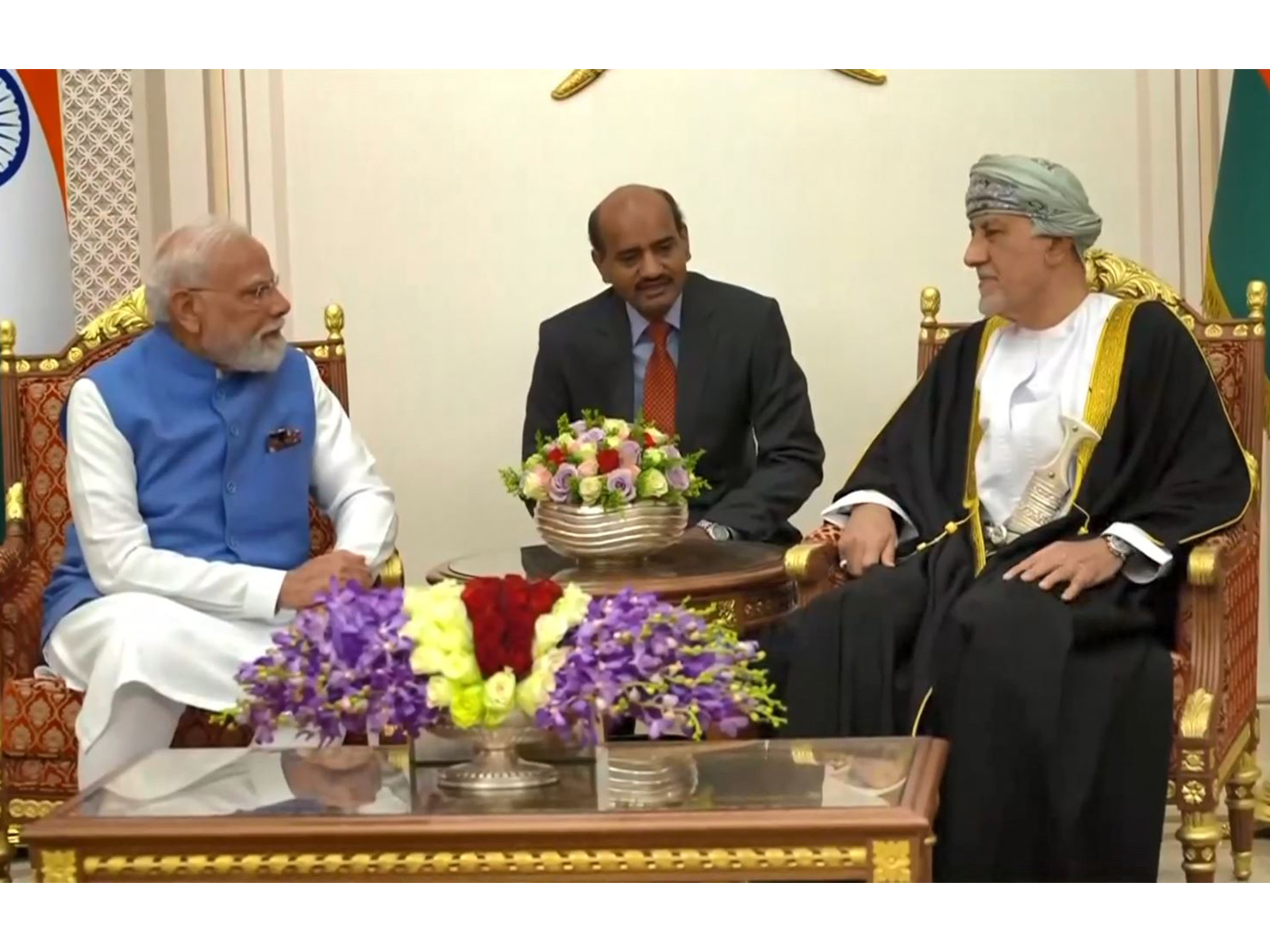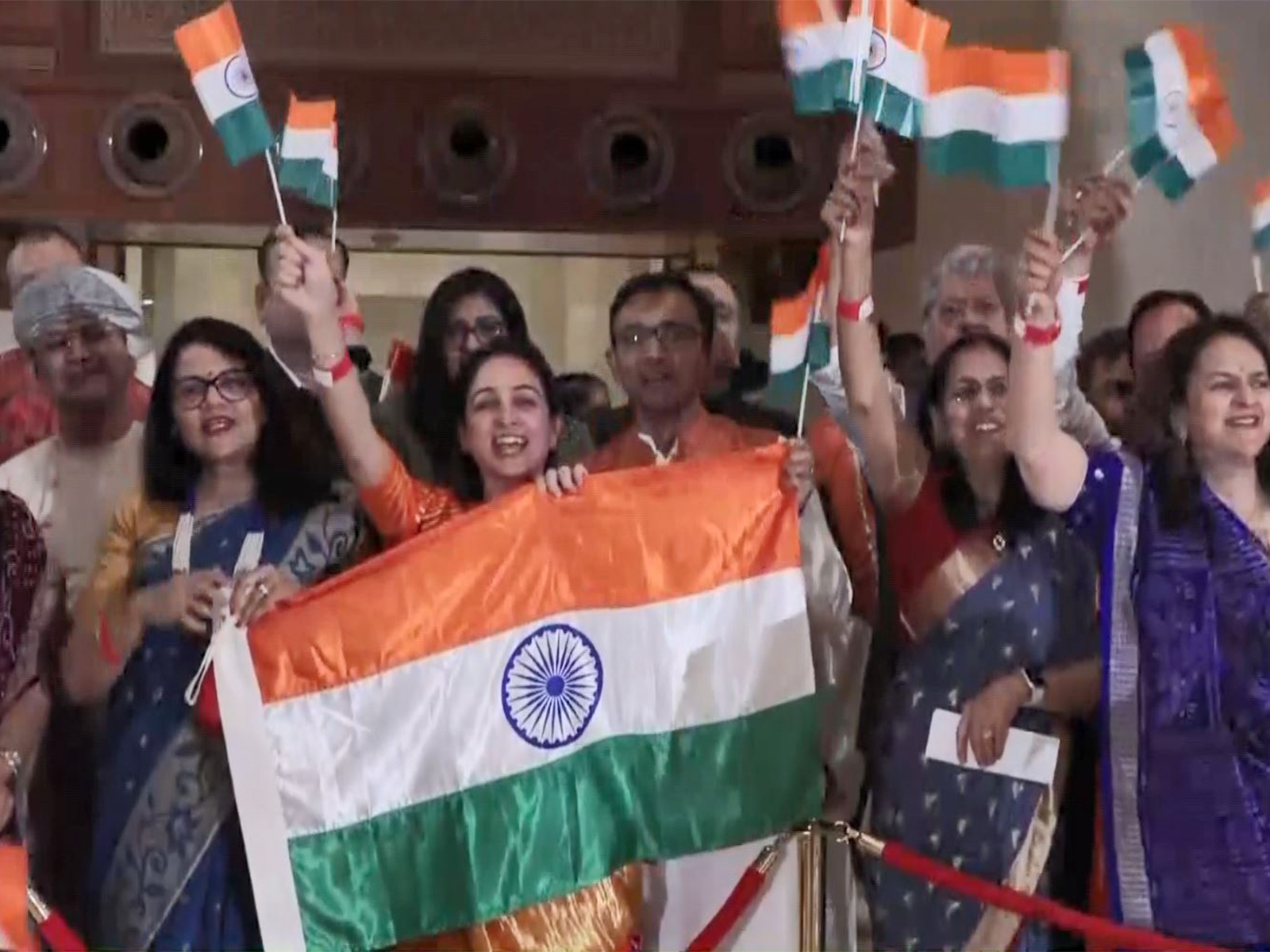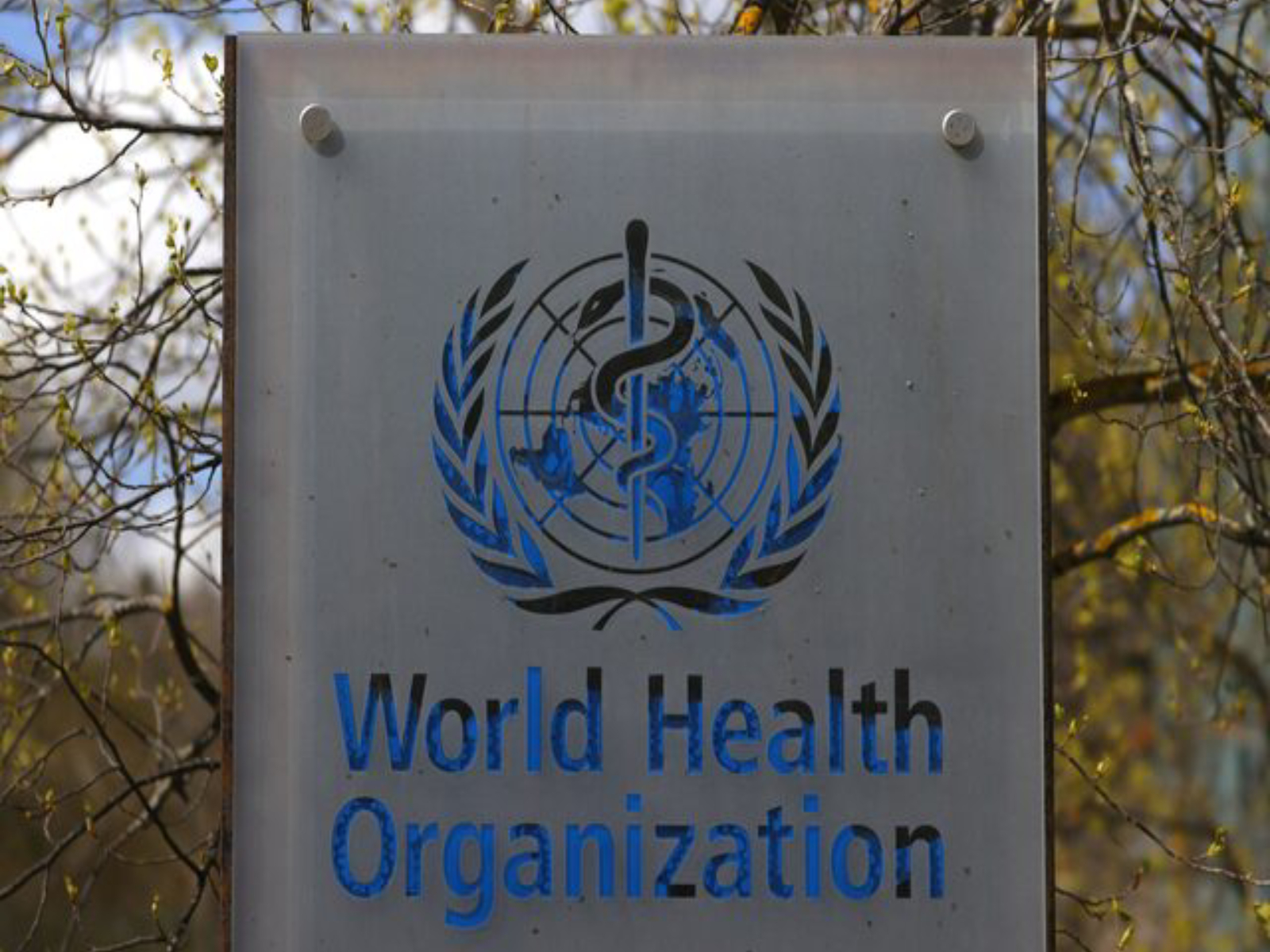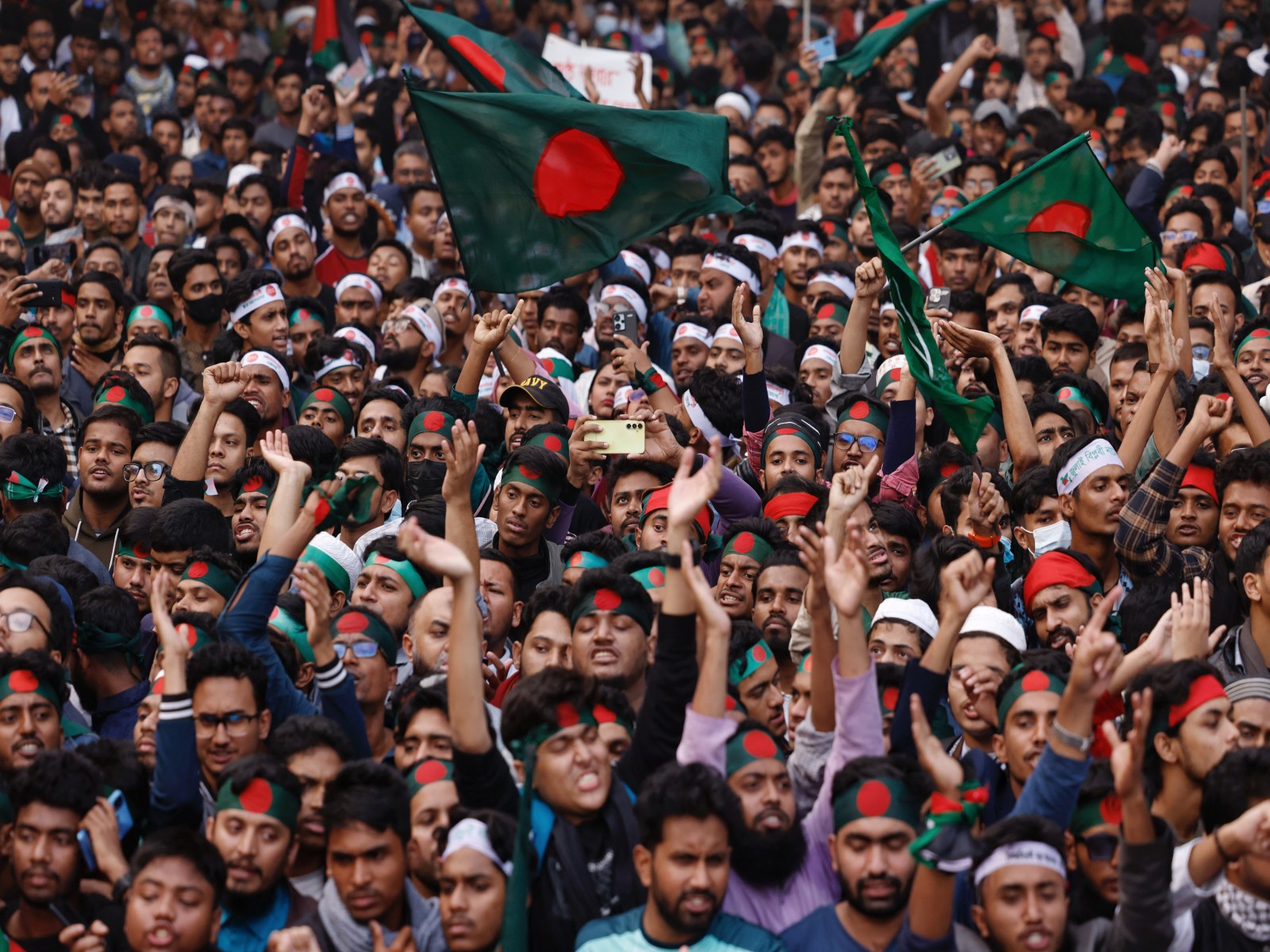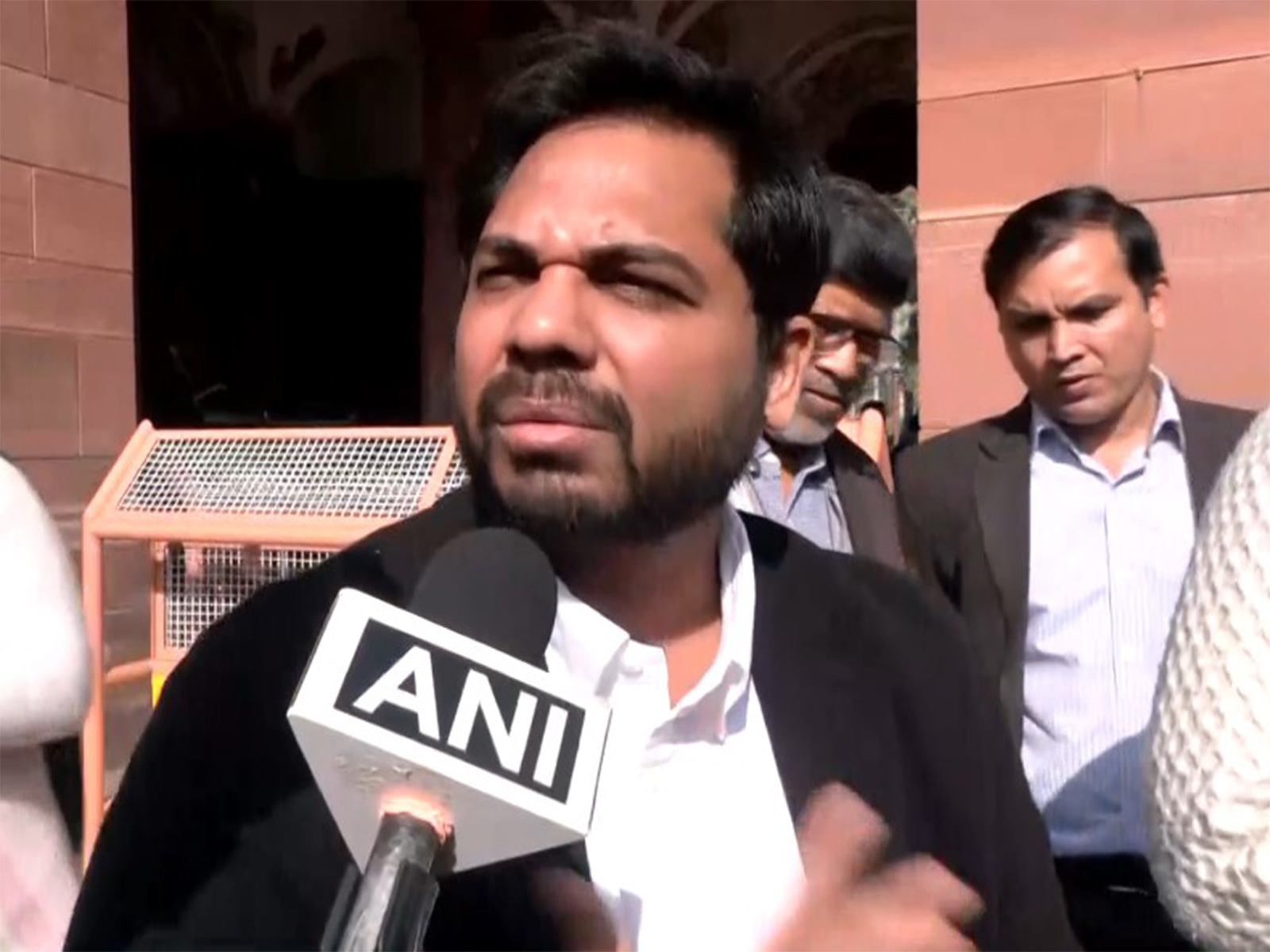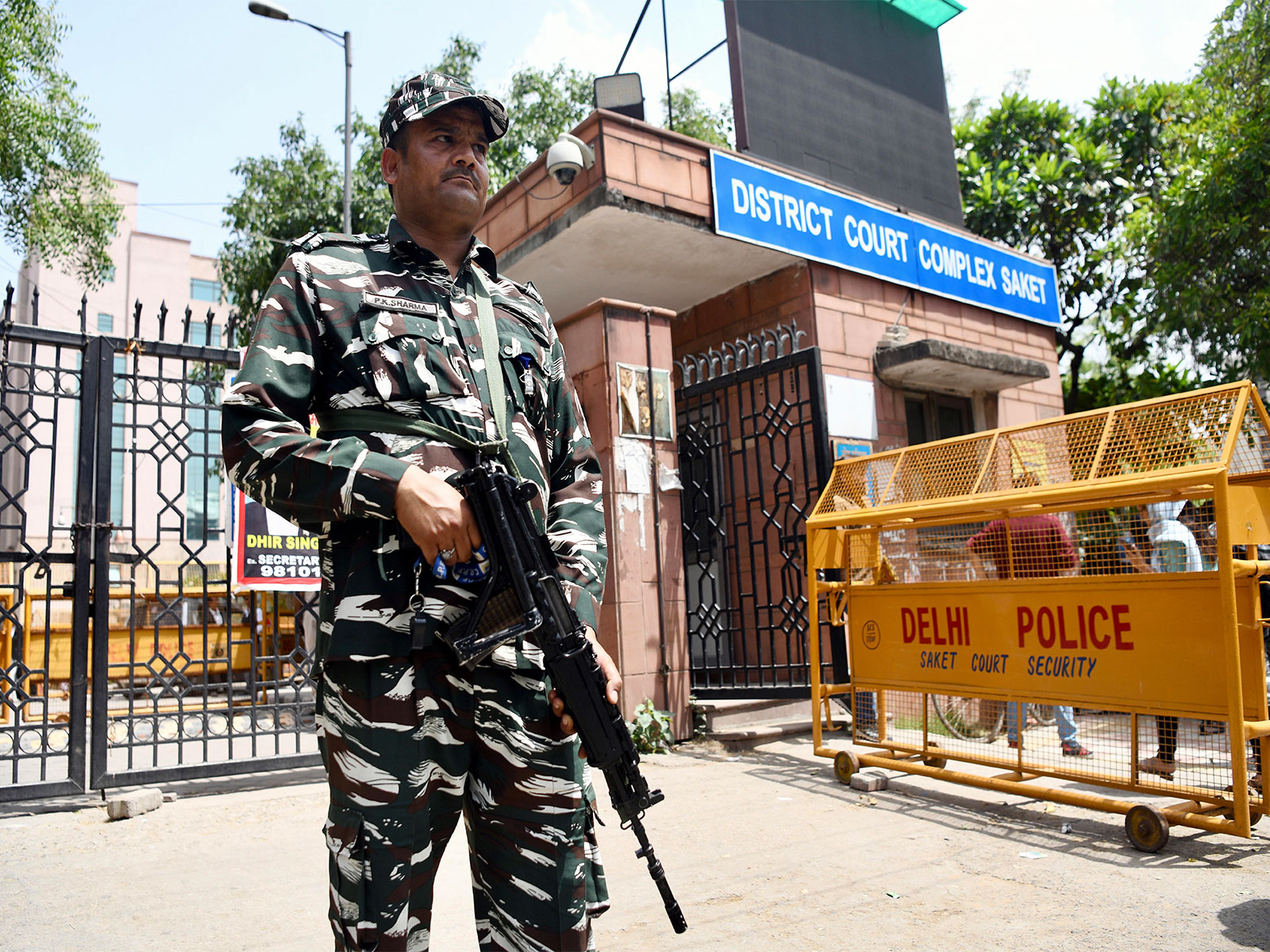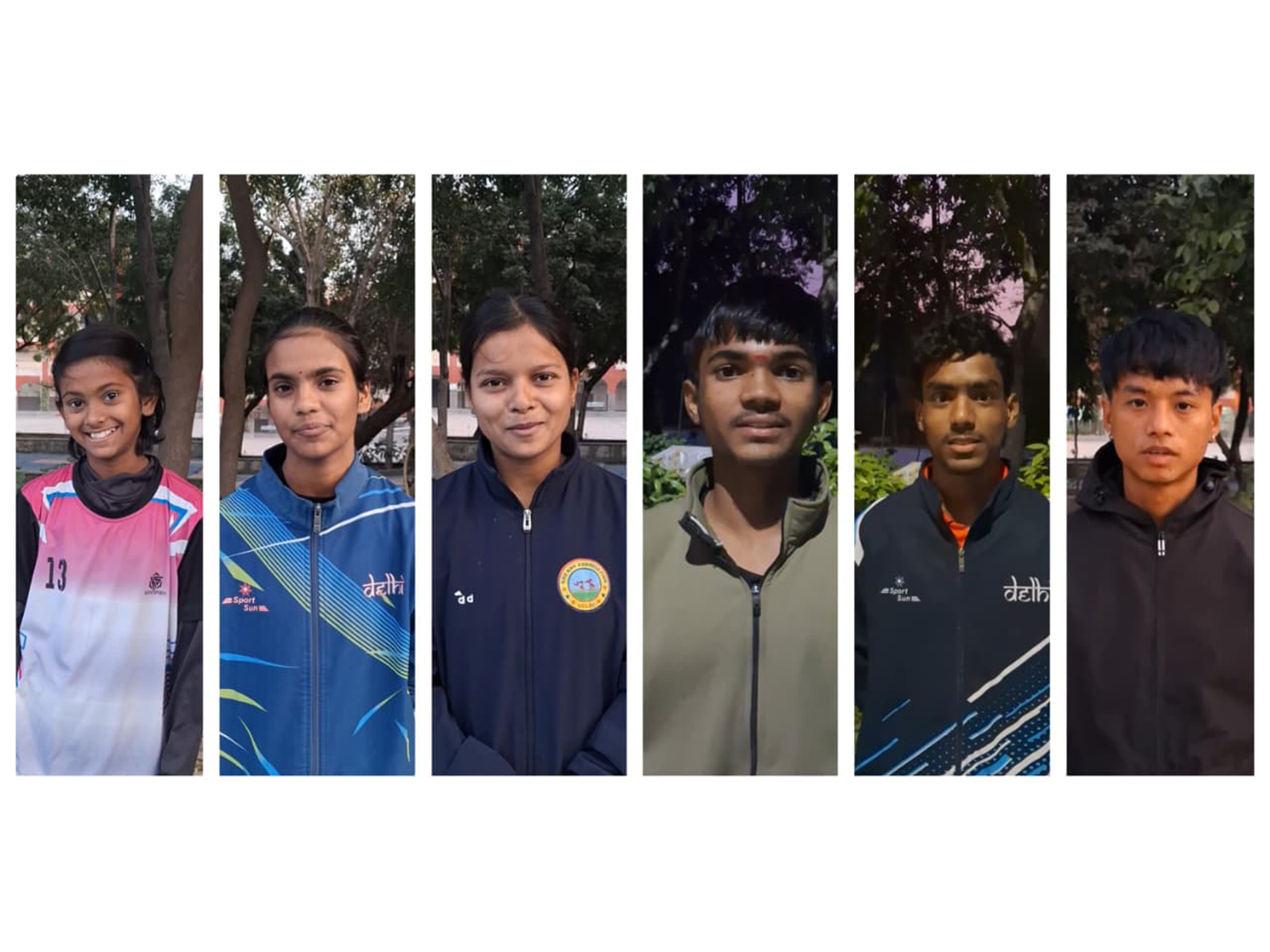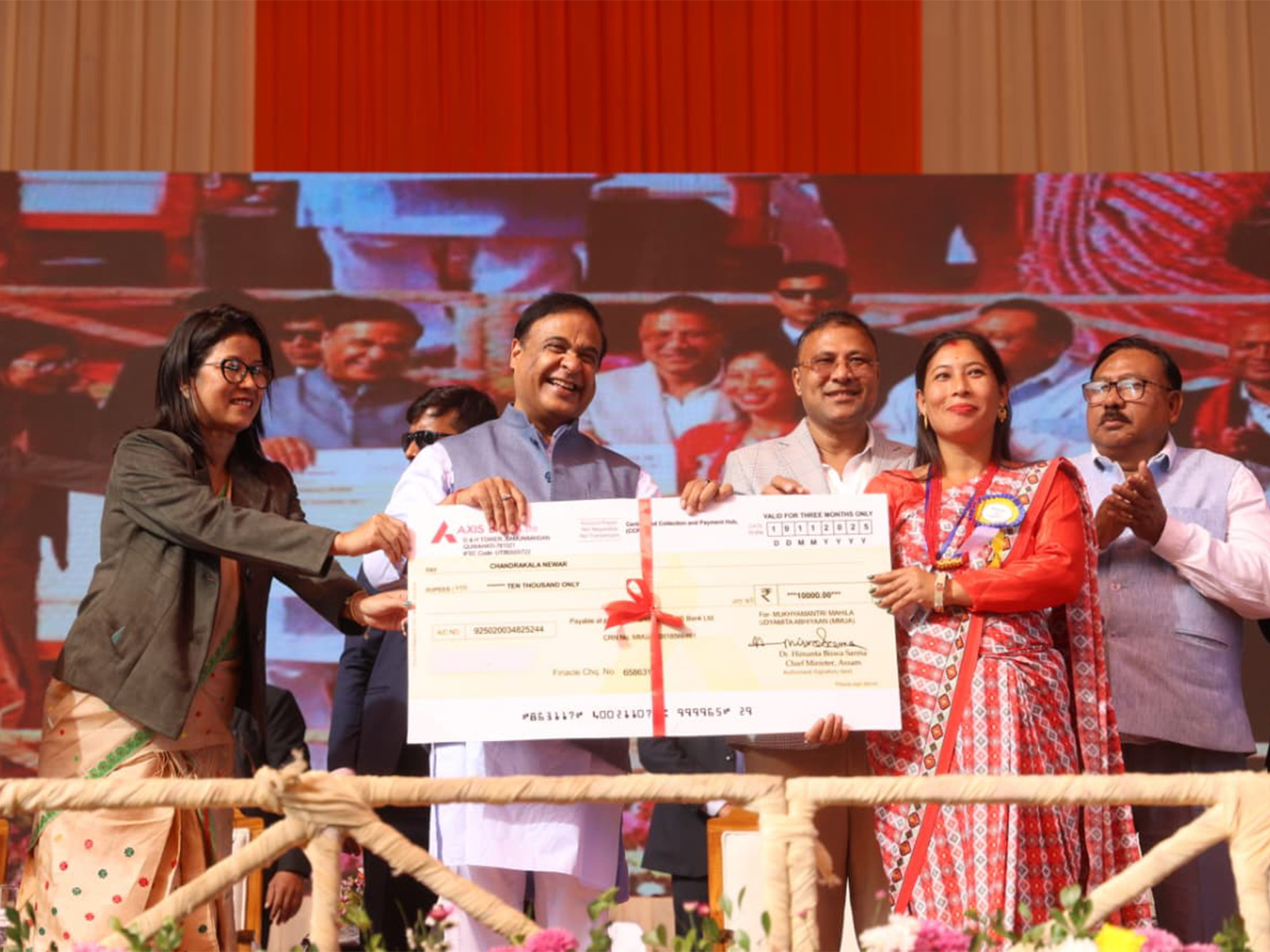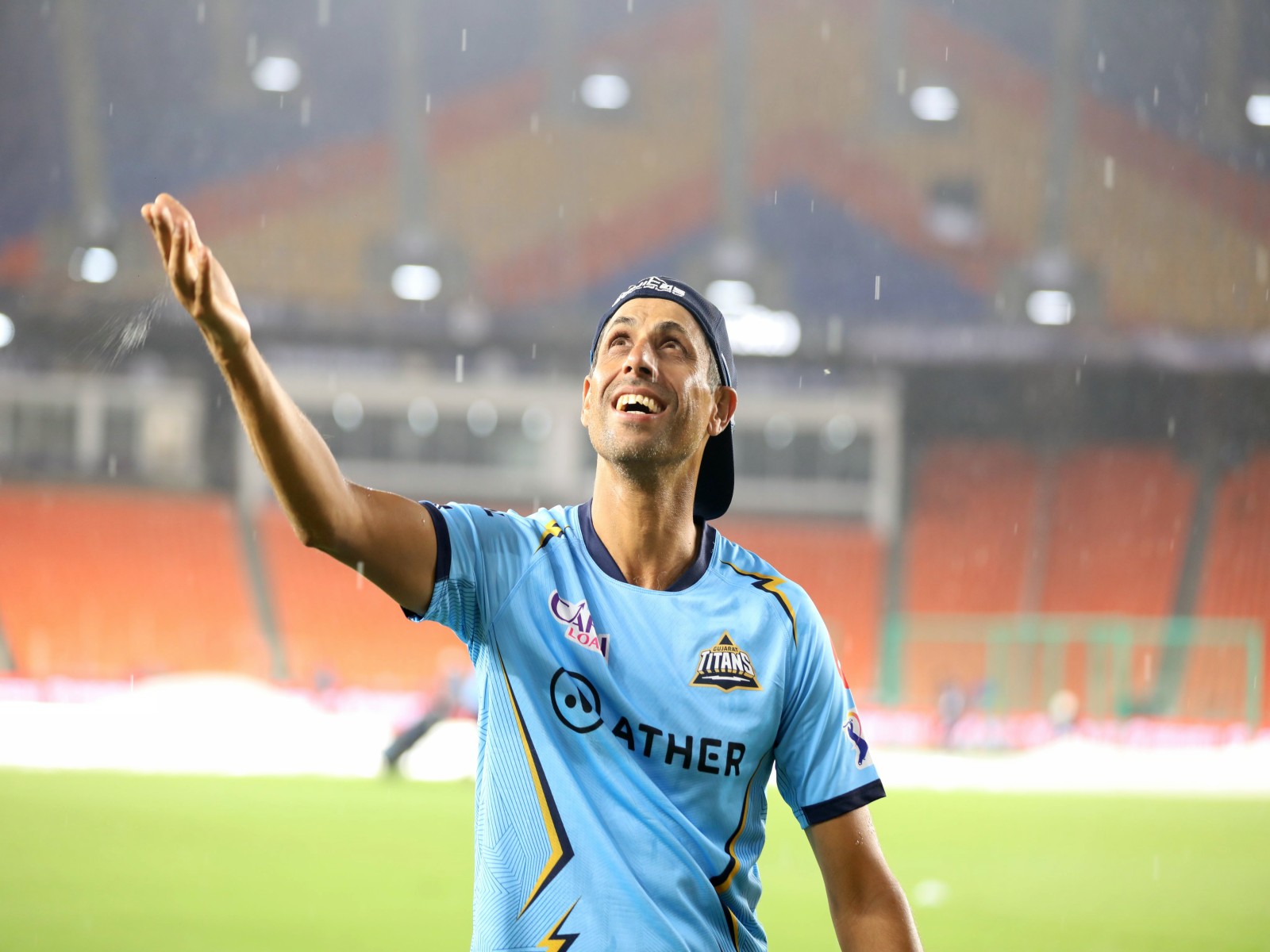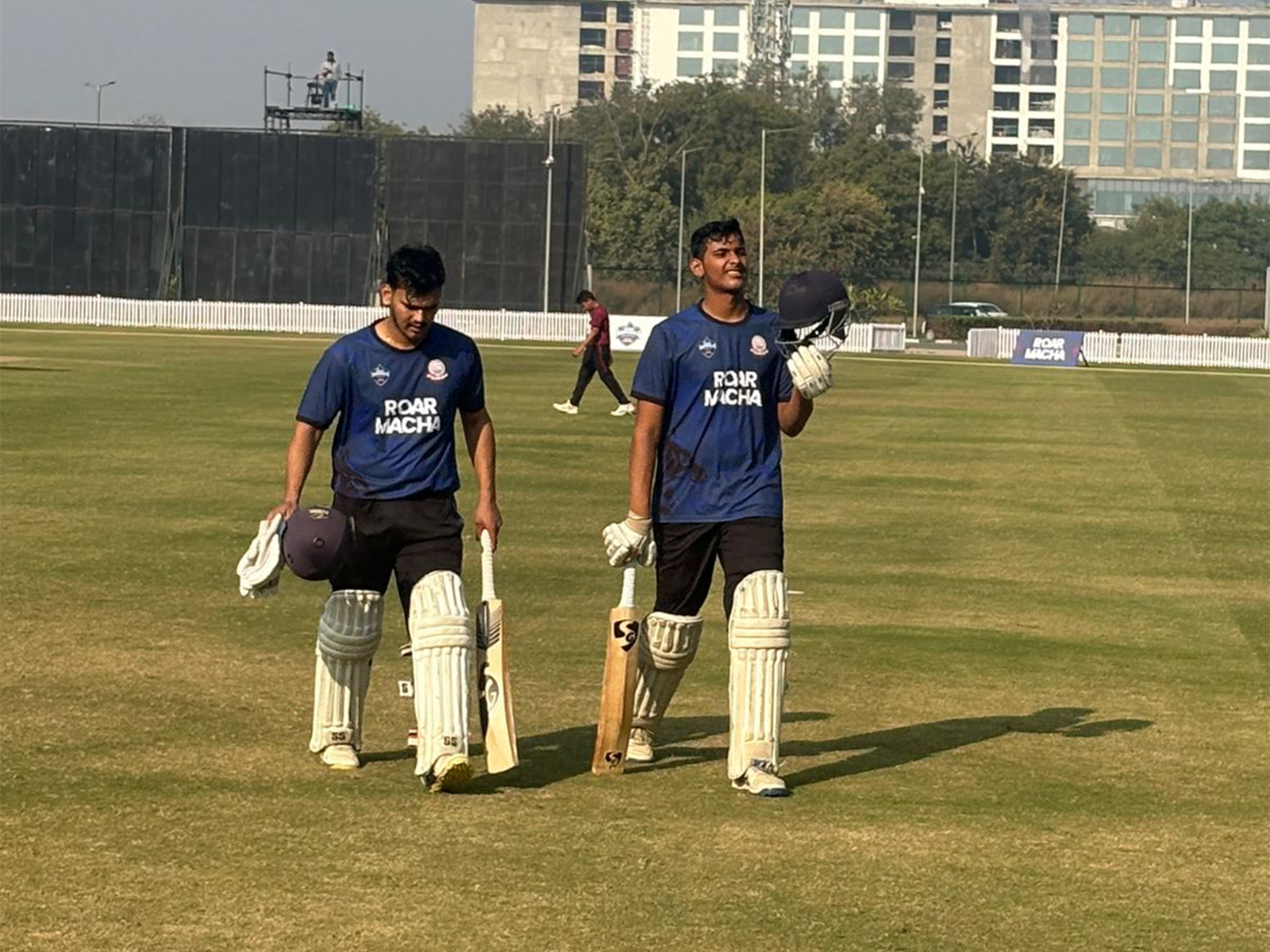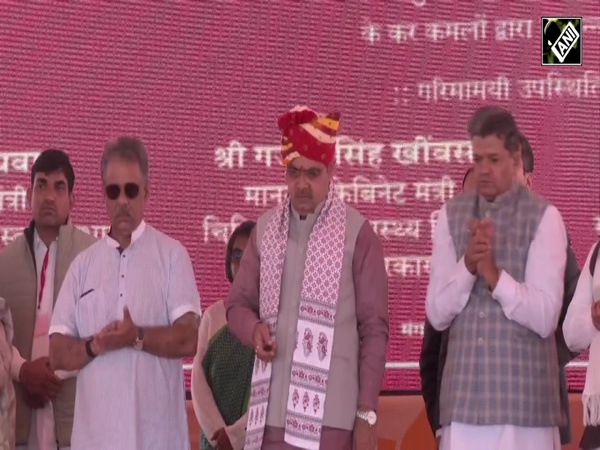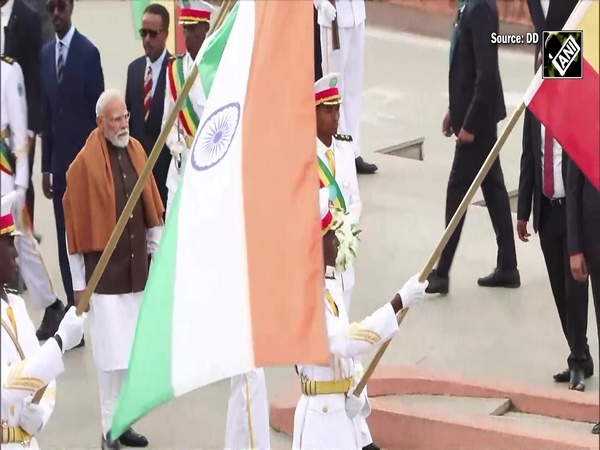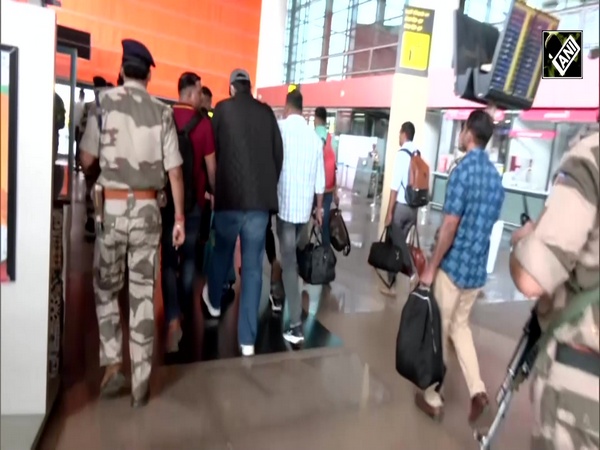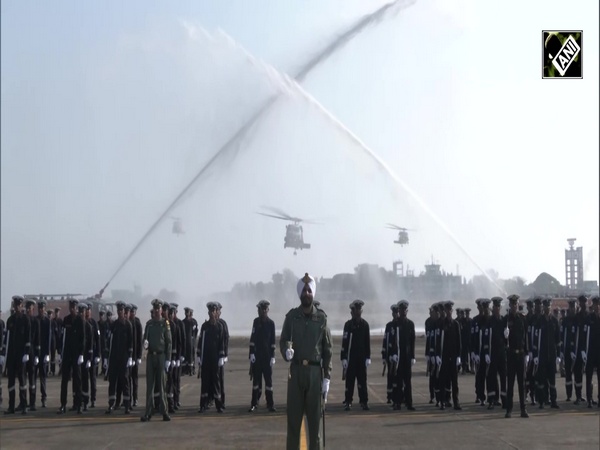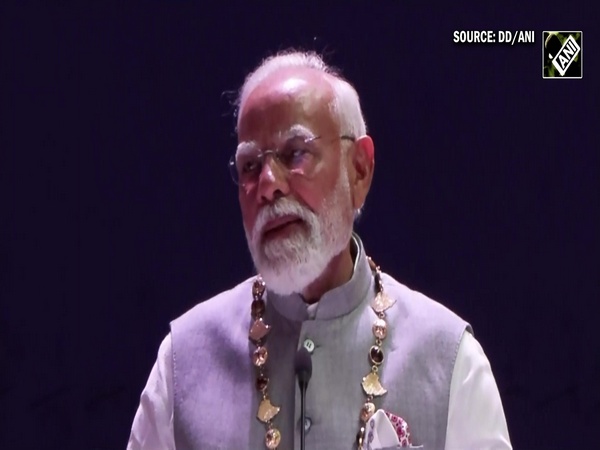Sri Lankan PM residence now a 'picnic spot'
Jul 10, 2022

Colombo [Sri Lanka], July 10 : After intruding in Sri Lankan President Gotabaya Rajapaksa's house, Prime Minister Ranil Wickremesinghe's residence in Colombo became a picnic spot for the protestors, as they take over the place -- playing carrom board, sleeping on the sofa, enjoying in park premises and preparing food for dinner.
Sri Lankan protesters have already cleared that they will continue to occupy President and Prime Minister's houses until they resign from their posts.
People inside the house can be seen playing carrom board inside the temple tree which is also known as the Sri Lankan PM residence.
A sea of protesters and locals can be seen inside the park.
Protestors start cooking food inside the premises of the residence of the Sri Lankan PM, in Colombo.
https://twitter.com/ANI/status/1546139386047107072
"We the protestors have started cooking, we are inside the PM's house. We have struggled for the resignation of PM Wickremesinghe and President Rajapaksa. We will only leave the premises when they will resign," a protestor said inside Sri Lankan PM's house to ANI. 
Within the premises, the picture of former Prime Minister Mahinda Rajapaksa fell down and people could be seen that they were ignoring them. Later, a person picked the picture and the flag but then he threw the photo of the former PM.
Earlier on Saturday, Sri Lankan commoners stormed into President Gotabaya Rajapaksa's official home and later broke into Prime Minister Ranil Wickremesinghe's private residence and set it on fire.
Both President Rajapaksa and PM Wickremesinghe have announced to step down from their posts amid the ongoing protests. However, the protesters who have occupied the residences of the President and Prime Minister have cleared that they will continue to occupy their houses until they resign from their posts.
Sri Lanka is suffering its worst economic crisis since gaining independence in 1948, which comes on the heels of successive waves of COVID-19, threatening to undo years of development progress.
The oil supply shortage has forced schools and government offices to close until further notice.
Reduced domestic agricultural production, a lack of foreign exchange reserves, and local currency depreciation have fuelled the shortages. The economic crisis will push families into hunger and poverty - some for the first time - adding to the half a million people who the World Bank estimates have fallen below the poverty line because of the pandemic.


